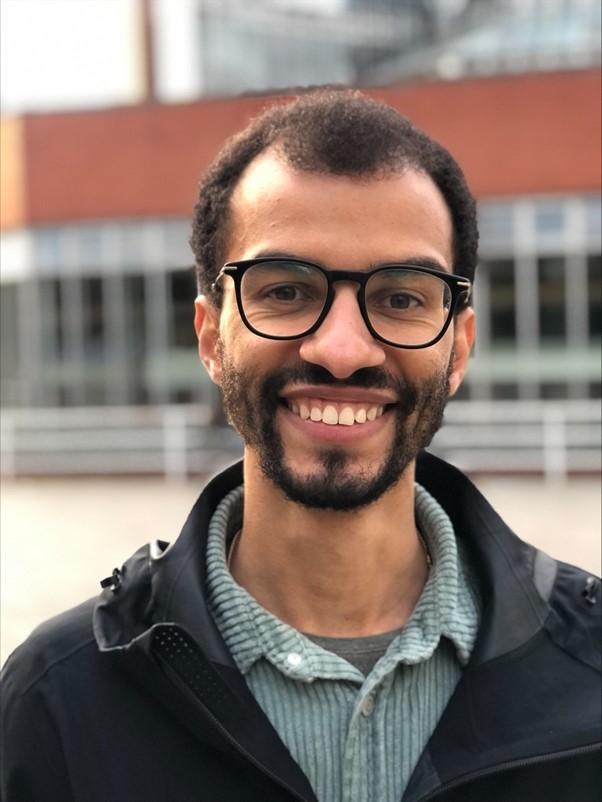New Appointment: Michael Joseph

I joined the Faculty in October 2021 as the new assistant professor in Black British history. I came to Cambridge from Oxford, where I was a Junior Research Fellow at Corpus Christi College and, prior to that, an undergraduate and postgraduate student.
I am a historian of the modern Caribbean, Britain, and France. My current book project is a comparative study of anti-colonial political thought in five islands – Trinidad, Jamaica, Barbados, Martinique, and Guadeloupe – from the 1880s to the 1930s. Though in some senses very similar, these islands ultimately followed divergent routes out of empire: towards a future as independent nation-states in the case of the British colonies, and integrated départements d’outre-mer (Overseas Departments) in the case of the French. I am interested in the slightly earlier – and I would say formative – period which preceded these major constitutional changes, when a wide range of political futures seemed possible.
At the book’s heart are the islands’ local assemblies and the politicians, labour leaders, and journalists who gathered around them: the likes of Clennell Wickham, A.A. Cipriani, Hégésippe Légitimus, and Joseph Lagrosillière. I seek to recover these figures as thinkers, in some cases reconstructing their anti-colonial thought in depth for the first time. This means grounding them in their local contexts, but also placing them as participants in regional and global networks; the book finds Trinidadian socialists lobbying the Labour Party in London, Guadeloupean communists journeying back and forth to Moscow, and radical Martinican war veterans organising with the future Ho Chi Minh in Paris. Most of the book’s main actors are little known outside the region today, especially in comparison to the more celebrated names in Caribbean anti-colonialism like C.L.R. James and Aimé Césaire. My suggestion, though, is that they deserve much greater recognition, and I hope to recover some hitherto unappreciated connections between local assembly politics in the Caribbean and wider currents in the 20th-century Black intellectual tradition.
In the future, I am hoping to write about religion, which is one of the great underexplored topics in modern Black British history. I am also interested in thinking more theoretically about the parameters of Black British and Black European studies. This is an enormously important moment of transition in these fields; while they have long thrived outside the academy, it is only in very recent times that universities have begun to recognise them with posts like my own. This creates huge opportunities, but also challenges and responsibilities. The Faculty, of course, is also in a transitional moment of its own as we usher in the reformed Tripos, so it is an exciting time to be starting out here for lots of reasons. I have already been busy with the modern British history outline papers, HAP, dissertations, and my new MPhil option on ‘Modern Britain and the Caribbean’, and I am looking forward to expanding my specialist Black British history offerings at both the undergraduate and postgraduate level in the years to come.
